You're in Good Hands
What to Expect When You’re Applying for a Mortgage
Here are seven essential mortgage documents you might need during your home loan application:
1. Tax Returns
– Mortgage lenders aim to gain a comprehensive understanding of your financial history. You may be asked to complete a Form 4506-T, allowing the lender to request your tax returns from the IRS.
– Generally, lenders prefer to review one to two years’ worth of tax returns to ensure consistency between your annual income as reported on pay stubs and to identify any significant year-to-year fluctuations.
2. Proof of Income
– Lenders may request your pay stubs from the past month or a similar period. While tax returns provide an overview of your overall financial health, pay stubs offer insight into your current earnings.
– Documentation of additional income sources, such as spousal or child support, Social Security benefits, investment or rental income, and income from a business or side gig, may also be required.
3. Bank Statements and Asset Information
– Lenders often examine your bank statements and other assets, which may include investments and insurance policies like life insurance.
– These documents serve to ensure you have enough funds in your account to cover several months’ worth of mortgage payments in case of an unexpected financial setback. Lenders also verify that your down payment has been in your account for a sufficient duration, rather than appearing abruptly.
4. Credit Reports
– To evaluate your creditworthiness, lenders typically request access to your credit reports with your permission.
– Different types of mortgage loans have varying credit score requirements, which influence your eligibility and down payment requirements. For instance:
– Conventional loans may necessitate a FICO® score of at least 620 for approval, with more competitive interest rates requiring higher scores.
– FHA loans typically require a minimum credit score of 500 for approval, with down payment percentages varying based on your credit score.
– VA loans do not establish specific credit score requirements, allowing lenders to set their own standards.
– USDA loans and jumbo loans also have their unique credit score requirements.
5. Gift Letters
– If you’re receiving financial assistance from friends or family to buy a house, you’ll need to provide a gift letter to confirm that the funds are indeed a gift, not a loan.
– The gift letter should include details such as the giver’s name, address, and phone number, your relationship to them, the gift amount, the date of the gift, a statement indicating the absence of repayment expectations, and signatures from both you and the giver.
6. Photo Identification
7. Rental History
– Buyers who haven’t previously owned a home may be asked to provide proof of their ability to make timely payments. Lenders may request canceled rent checks for the past year (checks that your landlord has cashed).
– Some lenders may also contact your landlord to verify your on-time rent payments, especially if you have limited credit history.




